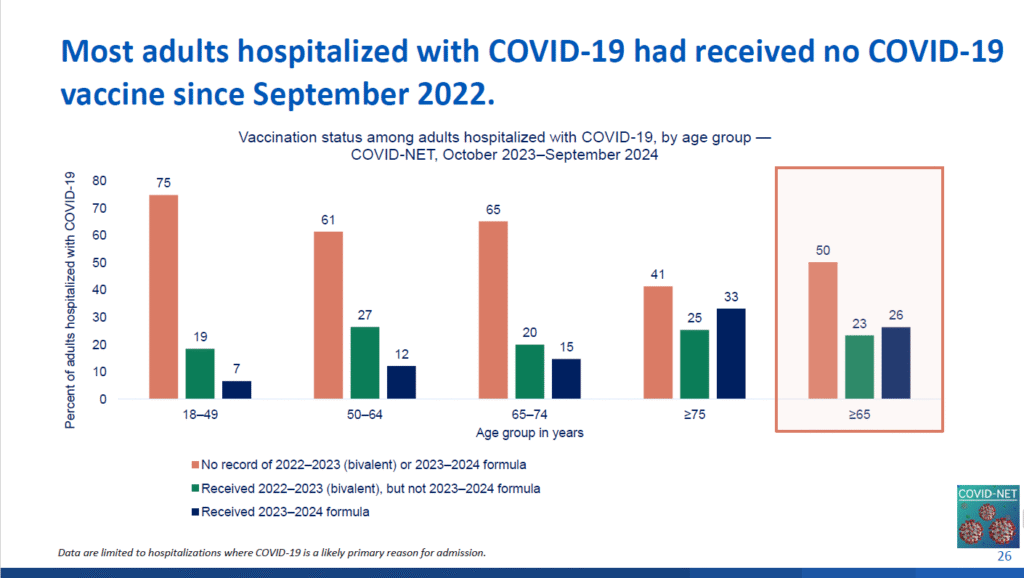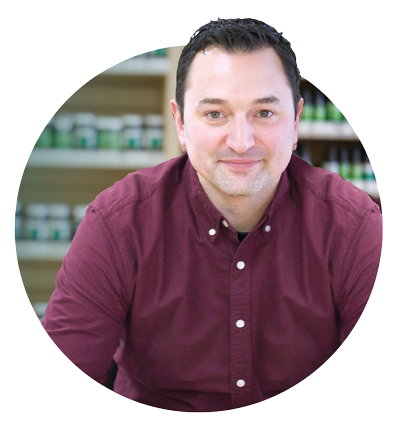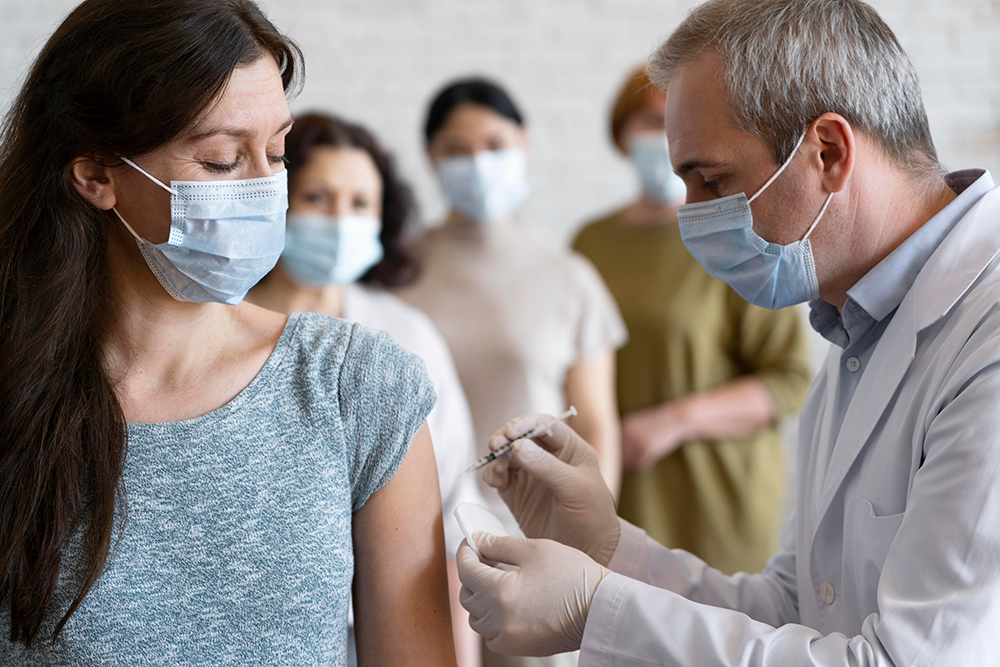I was invited to the American Pharmacy Association headquarters in D.C. a couple weeks back with a small group of high-volume vaccinating pharmacists. We had a roundtable talking about “Risk-Based Vaccine Recommendations,” and our conversations will be used in a practice guide for pharmacists nationally.
Cool, right?
This meeting took place before Kennedy did his nonsense with restricting COVID vaccines at FDA, which, simply put, is a politicization of FDA and reverses lots of progress on vaccine access.
In this Article:
I say that because during the meeting we discussed the CDC’s intention to discuss… ready for it?… changing the recommendations around COVID-19 vaccines!
This year, the CDC planned on discussing the implications of–essentially–reducing access to COVID-19 vaccines. The idea? Changing COVID from UNIVERSAL vaccine availability to RISK-BASED recommendations.
Which is exactly what Kennedy did!
“Why you mad, then, bro?” you ask.
I’m mad because the FDA doesn’t make recommendations about when vaccines should be used. They make approvals, based on science, for who the drugs/vaccines are safe and effective for.
They create a wide net, then the CDC can restrict or widen their net (within the FDA framework) based on the on-the-ground reality. (This is a reductionist take, yes, but it’s “real.”)
That’s why I’m mad. Don’t use junk science to restrict access (clearly for his own data absent reasons), especially as it’s not really the role of the FDA to do so.
I want you to be well-informed vaccine superstars. Let’s learn about the types of vaccine recommendations CDC makes.
Learn more: Irresponsible Vaccine Advocacy

The Four Types of Vaccine Recommendations
- Universal – anyone who wants one can get one (if they want)
- Age-based – anyone of a certain age should get one
- Risk-based – anyone who has specific health risks (comorbidities) should get one. Diabetes, lung disease, immune suppression, etc etc.
- Shared clinical decision making – if you and your doctor OR PHARMACIST deem it appropriate, you should get one.
Here are some simplified examples of those recommendations in real life:
- Flu shots are universal. Anyone can get one if they want, if they have risks of severe illness or not.
- Shingles or Pneumococcal is age-based. Anyone 50 or older should get one.
A little more complicated examples:
- RSV are age-based (75+ should get it) and also risk-based (60-74 year olds with risks should get it)
- Pneumococcal is also age-based (50+) and risk-based (18+ with risks)
It should be noted that the FDA has approved RSV vaccines for patients 50 and above (i.e. it’s safe and effective for those people), and the CDC tightened their recommendations to the above based on the data.
That’s how it normally works and should always work.

COVID-19 Should Stay Universal
Here’s why COVID-19 should stay universal:
- 74% of the US population falls into one risk category or another. This is darn near universal already.
- Less than 30% of Americans are up to date on their COVID vaccines
- Hospitalizations are falling, yes, but the majority of people who ARE being hospitalized are over 65 and most of them are not up to date on COVID shots.
Flu shots in other countries are risk-based. That was how it was here forever.
Universal flu shots were a hard fought battle since the H1N1 pandemic to improve access and reduce hospitalizations.
It worked. Moving back to risk-based is a regression in public health.
Finally, the big one: actually PROVIDING vaccines that have risk-based recommendations is HARD.
That was the point of our meeting in DC. We illustrated all the gaps in care around RISK-BASED recommendations and tried to help other pharmacists address them.
At the end of the day, vaccine access needs to be made easier and the recommendations need to be clearer.
If our goal is to make America healthy, independent experts need to make decisions in the good of public health based on good data.
Learn more: New COVID Vaccine Coming Fall 2025

Neal Smoller, PharmD
Neal is the founder and holistic pharmacist of Village Apothecary in Woodstock, NY. Established in 2010, the independent pharmacy offers a number of modern services like prescription syncing, vaccines, and home delivery, while maintaining an emphasis on natural products and wellness.
Faced with a deeply flawed supplement industry that puts company sales over customer safety and results, Neal established Woodstock Vitamins to meet his high standards for ingredient quality, dosage, ethical sourcing, and bioavailability.
